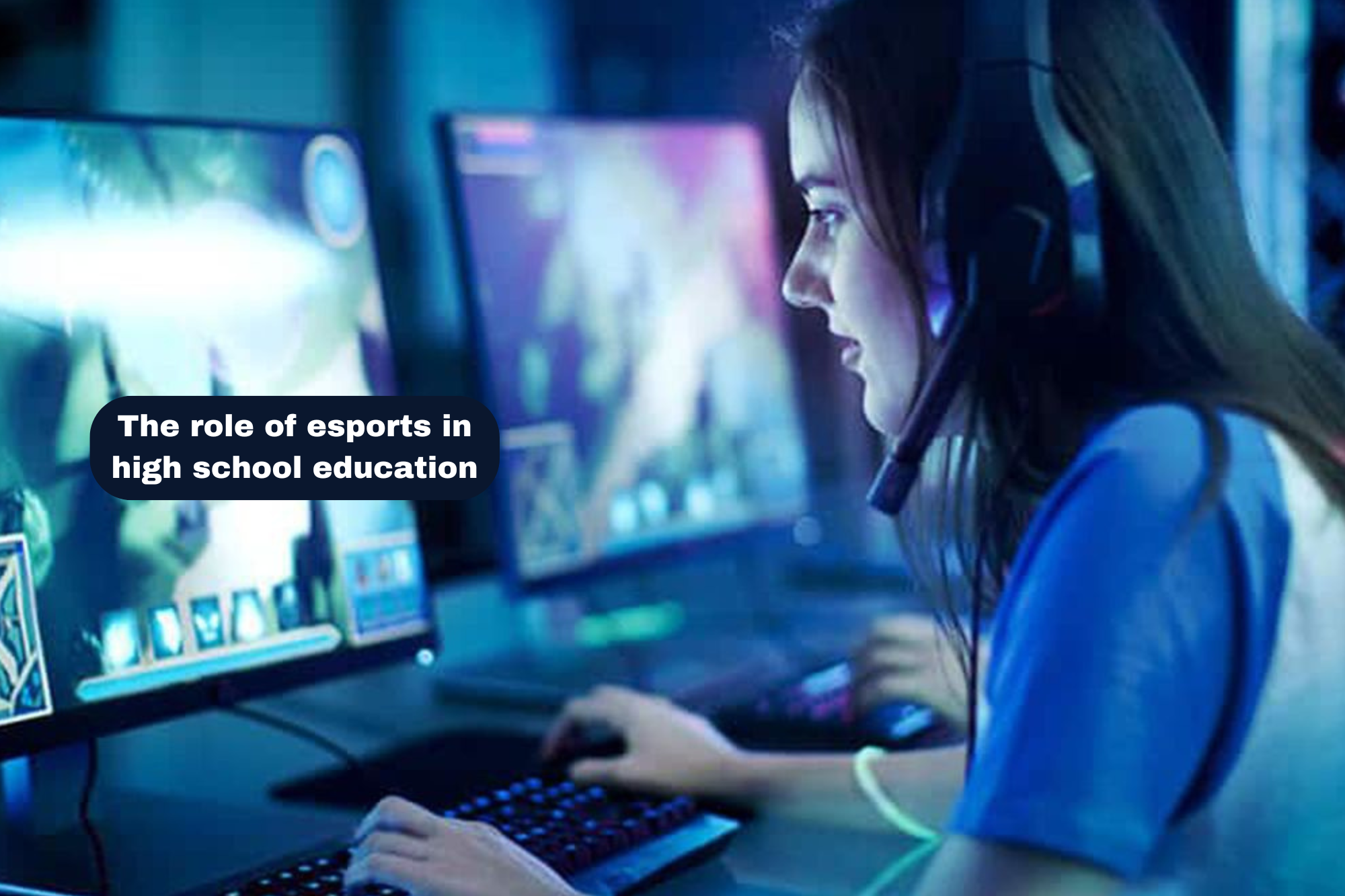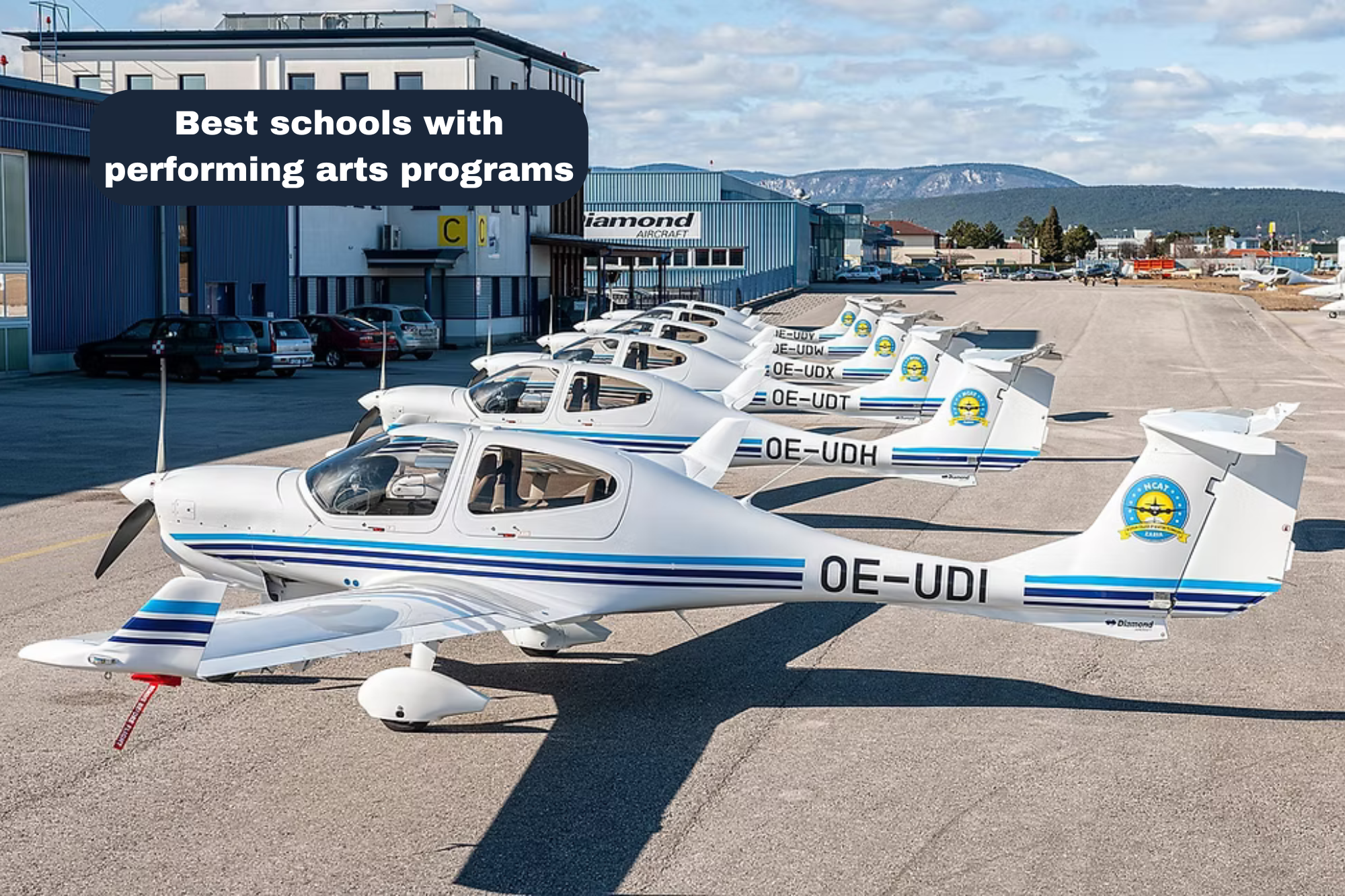Share this Post
Esports, or competitive video gaming, has gained massive popularity worldwide, evolving from a casual pastime into a structured, competitive field.
With millions of players and spectators, esports has become a mainstream industry, attracting investments from schools, universities, and professional organizations.
In recent years, many high schools have integrated esports into their education systems, recognizing its potential to enhance learning, teamwork, and career opportunities.
This article explores the role of esports in high school education and its impact on students.
Benefits of Esports in High School Education
1. Development of Critical Skills
Esports helps students develop important life skills, such as:
- Strategic Thinking – Players must analyze game scenarios, make quick decisions, and adapt to their opponents.
- Collaboration and Teamwork – Many games require coordination and effective communication among team members.
- Problem-Solving Abilities – Players must find solutions to challenges in real-time, enhancing their cognitive skills.
- Time Management – Balancing gaming with academics teaches students the importance of discipline and scheduling.
2. Academic Engagement and STEM Learning
Esports is closely linked to Science, Technology, Engineering, and Mathematics (STEM) education. Many schools use gaming to spark students’ interest in fields like:
- Computer Science and Coding – Learning to develop and modify games introduces students to programming.
- Mathematics and Physics – Concepts like probability, reaction time, and motion dynamics are applied in gaming.
- Data Analysis – Players study game statistics, analyze performance metrics, and improve their strategies based on data.
3. Career Pathways and Scholarships
Esports opens doors to various career opportunities, including:
- Professional gaming
- Game development and design
- Streaming and content creation
- Sports management and event organizing
- Coaching and esports analytics
Additionally, many universities offer esports scholarships, helping students fund their education while pursuing their passion.
Integration of Esports in High School Curriculums
1. Establishing Esports Clubs and Teams
Many schools have introduced esports clubs that allow students to participate in local and national competitions. These clubs often operate similarly to traditional sports teams, with structured training sessions and professional coaching.
2. Designing Esports-Focused Courses
Some high schools have developed courses that explore:
- The history and impact of esports
- Game design and mechanics
- The business and marketing side of the esports industry
- Ethics and responsible gaming
3. Hosting and Participating in Tournaments
Schools organize esports tournaments to engage students and create a competitive environment.
Platforms like the High School Esports League (HSEL) and PlayVS facilitate interschool competitions.
Challenges of Esports in Education
Despite its benefits, esports in education faces some challenges:
Screen Time and Health Concerns
- Excessive gaming can lead to physical and mental health issues, including eye strain and reduced physical activity.
- Schools must balance esports participation with physical fitness programs.
Funding and Infrastructure
- Setting up esports programs requires investments in gaming equipment, software, and internet infrastructure.
- Schools must secure sponsorships or grants to sustain these programs.
Misconceptions About Esports
- Some parents and educators believe gaming is a distraction from academics.
- Raising awareness about the educational benefits of esports is essential to gaining broader support.
Conclusion
Esports is transforming high school education by engaging students, developing critical skills, and providing career opportunities.
As more schools integrate esports into their curriculums, it is essential to address challenges while maximizing its educational potential.
With the right balance, esports can be an effective tool for learning, collaboration, and professional growth.
FAQs
Can esports help students academically?
Yes. Esports enhances problem-solving, critical thinking, and teamwork skills. It also introduces students to STEM subjects like coding and data analysis.
Do colleges offer scholarships for esports?
Yes. Many universities provide esports scholarships for talented players, helping them pursue higher education while competing in gaming tournaments.
Is esports considered a real sport in schools?
Yes. Many high schools treat esports like traditional sports, with structured training programs, competitions, and coaching.
What careers can students pursue in esports?
Students can become professional gamers, game developers, content creators, esports analysts, or event organizers.
How can schools manage screen time for esports students?
Schools can set guidelines for balanced gaming schedules, incorporate physical activities, and educate students on healthy gaming habits.





